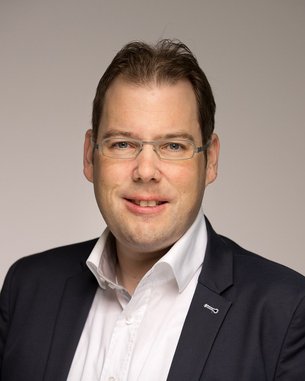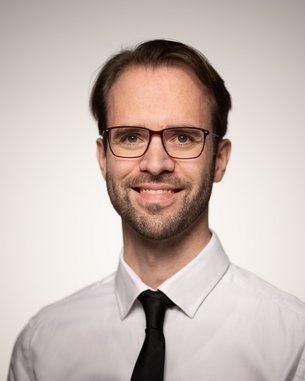Learn more about current and future challenges in urban development in a multidisciplinary study environment. Analyse and design based on practical projects, e.g. with local authorities.
Urbanism – Concepts for the Built Environment
Master of Arts I Heidelberg
from the summer semester 2027!
from the summer semester 2027!

All Facts at a Glance
Focus on urban development
Content Urbanism (Master of Arts)
Our Master of Arts program in "Urbanism – Concepts for the Built Environment" will prepare you for the current and future challenges in urban development. You’ll gain a wide range of learning content from the involved disciplines such as anthropology, psychology, social-psychology, urban history and planning, mobility, environmental sciences.
You start by building a strong foundation in focusing placemaking and urban neighborhoods in semester one and in semester two at the scale of urban networks and infrastructures. In your third semester, you work on your Master Thesis. An interdisciplinary student body as well of the professors is characteristic of the program for shaping an interconnected environment.
You’ll learn based on strong theoretical foundations and the transfer into real-world projects with municipalities and practice partners.
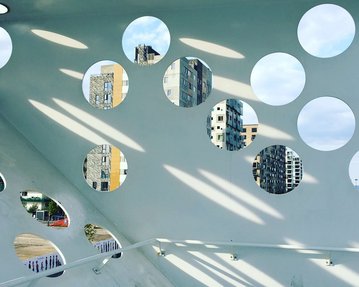
Your career Urbanism (M.A.)
Urban Developer, Climate Protection Specialist, …
With the interdisciplinary skillset learned, you’ll be ready to drive change in the field of urban development. You will be qualified for key roles such as:
- Climate Protection Specialist
- Environmental Planner
- Urban Designer (with pre-qualification in design)
- City Architect /Municipal Planner (with pre-qualification in design)
- Housing and Development Specialist
- Project Developer
- Urban Developer
- Urban Research, Analysis and Policy Expert Consultant
- Working in public organizations, private companies, research institutes and NGOs.
The demand for qualified experts with an interdisciplinary education and competencies is growing globally – and you will be prepared to thrive in this important market and context.
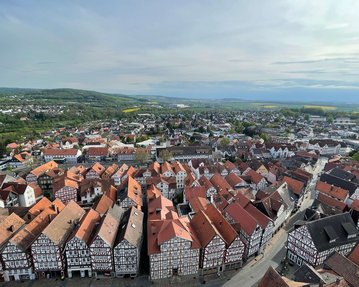
- Free and without obligation
- Detailed information about your studies
- Event invitations and individual consultation

Your head start thanks to practical orientation
Our master's program in Urbanism – Concepts for the Built Environment provides a broad understanding of cities, space, and the built environment. It combines theoretical foundations, design methods, and practical analysis. Students learn to approach urban and rural challenges in an interdisciplinary manner and develop innovative solutions. In studios and project work, real scenarios are examined and addressed creatively. Overall, the program combines scientific reflection with practice-oriented work.
- Concepts of City, Space, and Place: Fundamentals of theories of built space, design communication, and drawing methods.
- Human Centered Design: Anthropological and psychological perspectives on built environments.
- Applied Urban Analysis: Methods of socio-spatial evaluation and advanced drawing.
- Urban & Rural Challenges: Urban economics, the future of mobility, and inclusion.
- Sustainability Frameworks: Sustainability concepts, ethical systems, and environmental assessment tools.
- Studio series (1–4): Project-based, practical case studies on space, place, systems, and networks.
The program prepares our students to understand complex urban systems and develop them responsibly. Through theory, analysis, and project-oriented studios, a holistic skill set for designing the built environment is developed.
Your curriculum
1. Semester
-
Concepts of City, Space and Place
6 -
Human Centered Design
6 -
Applied Urban Analysis
6 -
Studio 1 – Space und Place I
6 -
Studio 2 – Space und Place II
6
2. Semester
-
Urban and Rural Challenges
6 -
Sustainability Frameworks and Environmental Adaptation
6 -
Studio 3: Urban Systems and Networks I
6 -
Studio 4: Urban Systems and Networks II
6 -
Wahlbereich: Field Trip/Special Fields in Architecture
6
3. Semester
-
Workshop Thesis
6 -
Master-Thesis
24
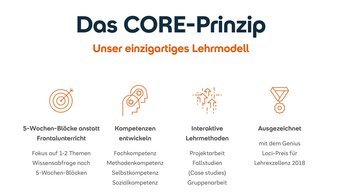
From study straight into practice
In addition to technical and methodological skills, social and personal skills are crucial today. SRH University 's innovative, successful and award-winning CORE principle promotes independent and active learning so that you can apply your knowledge directly in practice - for a clear competitive advantage.

